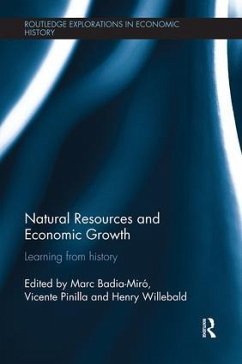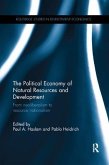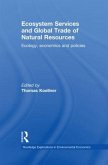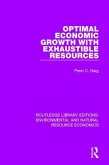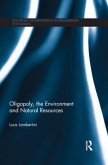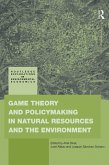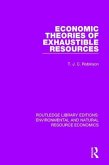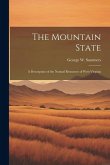The relationship between natural capital and economic growth is an open debate in the¿¿ field of economic development. Is an abundance of natural resources a blessing or a curse for economic performance? The field of Economic History offers an excellent vantage to explore the relevance of institutions, technical progress and supply-demand drivers. Natural Resources and Economic Growth contains theoretical and empirical articles by leading scholars who have studied this subject in different historical periods from the 19th century to the present day and in different parts of the world. Part I presents the theoretical issues and discusses the meaning of the "curse" and the relevance of the historical perspective. Part II captures the diversity of experiences, presenting thirteen independent case studies based on historical results from North and South America, Africa, Asia, Oceania and Europe. This book emphasizes that an abundance of natural resources is not a fixed situation. It is a process that reacts to changes in the structure of commodity prices and factor endowments, and progress requires capital, labour, technical change and appropriate institutional arrangements. This abundance is not a given, but is part of the evolution of the economic system. History shows that institutional quality is the key factor to deal with abundant natural resources and, especially, with the rents derived from their use and exploitation. This wide ranging volume will be of great relevance to all those with an interest in economic history, development, economic growth, natural resources, world history and institutional economics.
Hinweis: Dieser Artikel kann nur an eine deutsche Lieferadresse ausgeliefert werden.
Hinweis: Dieser Artikel kann nur an eine deutsche Lieferadresse ausgeliefert werden.

